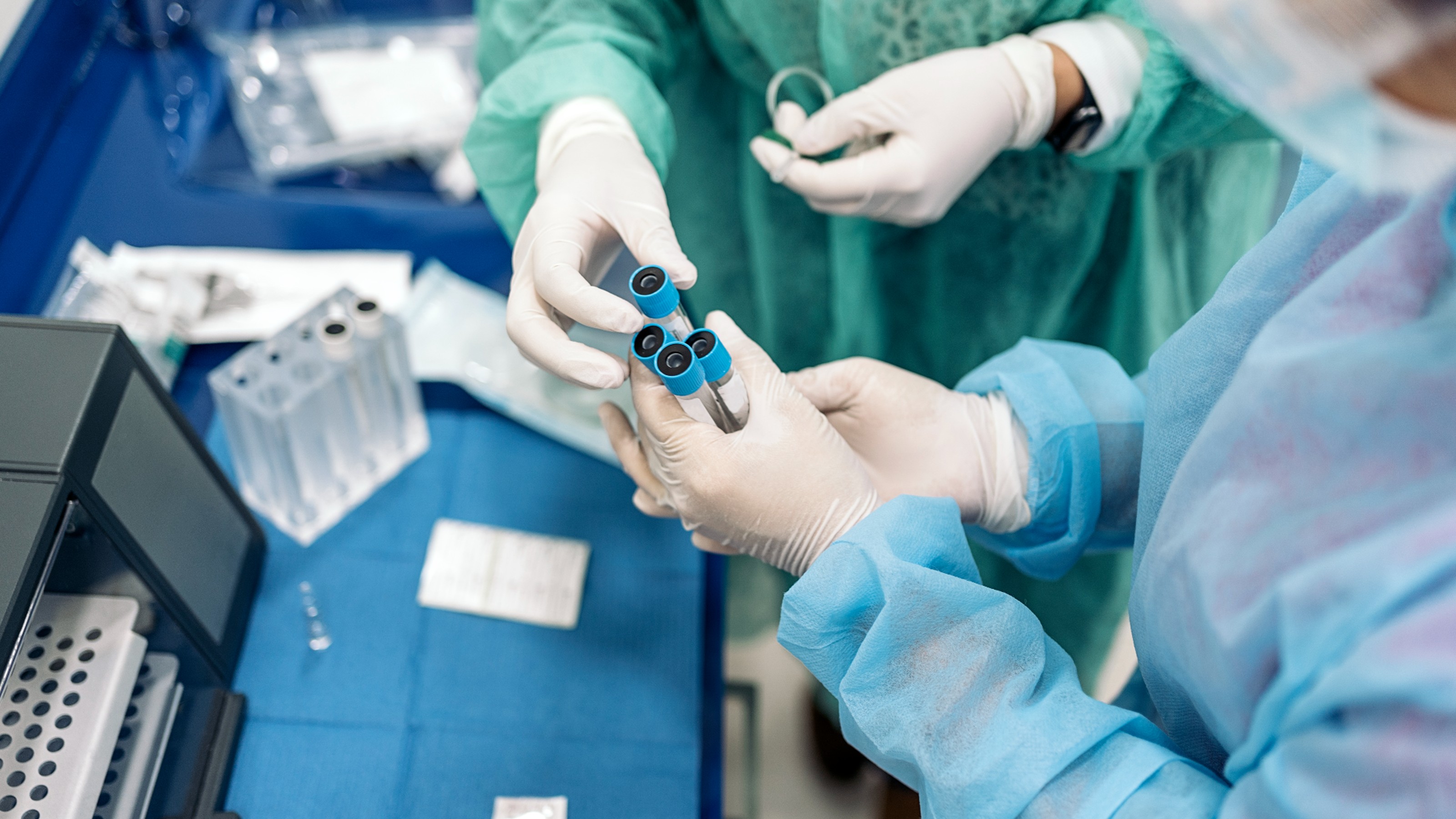Determining biomarkers of immune dysfunction in Long COVID
This project aims to identify the best set of biomarkers for immune dysfunction among people with Long COVID.
We will use advanced immunological methods to characterise immune dysfunction in those with Long COVID. Specifically, our focus will be on assessing the types and functions of immune cells, including mitochondria function, using advanced flow cytometric techniques. In addition, state-of-the-art metabolic phenotyping will also be performed (through collaboration).
These assays aim to collectively work toward the goal of developing tools to define an objective classification or diagnostic test by screening immune cells, blood metabolites, and proteins linked to inflammation, blood vessel damage, and clotting pathway issues. We will achieve this by employing complementary state-of-the-art technologies to screen for and characterise immunometabolic dysfunction associated with Long COVID.
Study output
By doing this research, we aim to better understand how Long COVID affects the immune system. This effort will facilitate the accessibility of a diagnosis and availability of possible treatments and help ensure that resources for Long COVID care are appropriately offered.
Project lead
Senior immunologist
The University of Auckland

